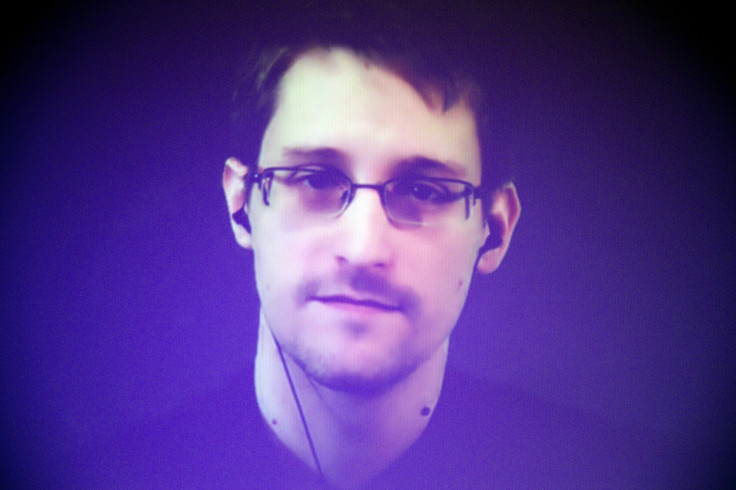United Nations: Whistleblowers and sources must be protected by all governments

A United Nations expert has called on all governments to protect whistleblowers and confidential sources rather than punishing them, as they are a crucial element of democracy and disclosing secrets to the public is often the only way to end human rights abuses.
The report: "Promotion and protection of the right to freedom of opinion and expression" by David Kaye, the United Nations Special Rapporteur on the promotion and protection of the right to freedom of opinion and expression highlights the harsh treatment of whistleblowers in the US like Edward Snowden, who often face being forced out of their jobs and "disproportionate penalties" such as long prison sentences.
Snowden is now living as a fugitive in Russia after he leaked multiple documents revealing that the NSA and its UK cousin GCHQ had been spying on the internet communications of millions of people around the world in 2013.
"The confidentiality of sources is pretty widely protected as a matter of law, both constitutional and statutory law around the world. The problem is generally not the protection as in a piece of paper, but in that the protection is not always effective," Kaye said in a UN press conference webcast.
"Governments often go around legal requirements in order to identify sources by using surveillance technologies, metadata analysis...and that is problematic for the rule of law, and the second issue that all too often, even if you have the protection of sources' confidentiality, you have a narrow definition of 'journalist'."
Citizen journalists should count too
Under the law, the journalist's role has traditionally been to protect the identity of the source, but Kaye says that governments need to realise that today, journalists aren't just those employed by traditional print or online media, but also bloggers and citizen journalists who are performing the role of "public watchdog" just like the way traditional journalists have done for decades.
Governments also tend to throw around terms like "national security" and "public order" in order to prevent disclosure of information that would be in the public interest, but might be embarrassing to the government in question.
Kaye, who is a law professor at the University of California, Irvine, states in the report that governments must publicly recognise that the contributions made by whistleblowers who share information of public relevance, and that governments must condemn any attacks against whistleblowers.
According to Human Rights Watch, there have been numerous incidents involving whistleblowers other than Snowden where speaking out has often been the only way to end grievous human rights abuses, such as a police trainer named Bolkovac who was subcontracted to the UN, working in Bosnia.
Governments must condemn attacks against whistleblowers
Bolkovac was fired by her employer for revealing a sex trafficking ring that implicated several members of the UN police, but she felt she had no choice as it was almost impossible to report wrongdoing through the formal internal channels.
"Whistleblowers are in many ways elected by circumstance. It's not about your credentials or who you are, it's about what you've seen," Snowden said in a video filmed by Human Rights Watch.
"You can ask anybody who works for a secret organisation like the NSA – what happens when you illustrate some kind of wrongdoing or violation of law? Are they rewarded or are they punished?
"If we structure our societies whereby people who report wrongdoing have to basically stand up the set themselves on fire, we're very quickly going to find ourselves out of volunteers at the very moment when society needs them the most."
© Copyright IBTimes 2025. All rights reserved.






















